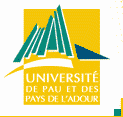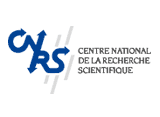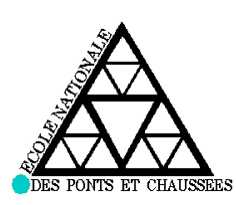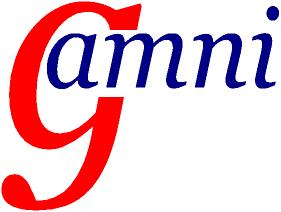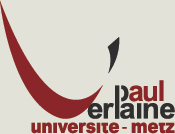Méthodes Numériques pour les Fluides
Le
18 Décembre 2007
Au Conservatoire National des Arts et Métiers
Amphithéâtre Paul Painlevé, Cour
d'honneur
292 rue Saint-Martin, F-75141 Paris
(Métro : Arts-et-Métiers)
(Pas d'inscription - participation libre)
8h30-9h00 : Accueil
9h00-10h00 :
J.J.W. van der Vegt
(Univ.
Twente)
« Space-Time Discontinuous
Galerkin Methods for Compressible Flows
»
An
overview will be given of the
space-time discontinuous Galerkin finite
element method for the compressible Navier-Stokes equations. This
technique
is well suited for hp-mesh adaptation and problems with time-dependent
boundaries. Special emphasis will be put on the efficient solution of
the large
number of coupled nonlinear algebraic equations resulting from the
space-
time discretization. These equations are solved using a pseudo-time
integration method in combination with a multigrid technique.
10h00-11h00 : G. LABROSSE
(LIMSI – Univ. Paris XI))
« From the Spectral Stokes Solvers to the Stokes eigenmodes in square/cube,
until new questions in Fluid Dynamics»
which are available in order to show that there is only one option which is
both consistent with the continuous problem and efficient in computing time. It
is the only one which gives a spectrally accurate and unbiaised numerical
access to the Stokes eigenmodes in square or cube. These eigenmodes will be
briefly presented mainly for pointing out what they teach us about the physics
of the unsteady Stokes flows.
Paper
11h00-12h00 : F. HAIDER
(ONERA - Châtillon)
« Stability analysis of the finite volume MUSCL method on a general grid in 3D
»
We present a new criterion of stability for the finite volume MUSCL method
on a general 3D grid. The study is based on the convection equation with
constant velocity. Numerical calculations of spectra support the theoretical
result. Applications to the compressible Euler equations back up the
conjecture that the criterion is meaningful in this case, too.
12h00-14h30
: Pause Repas
14h30-15h30 : W. Hundsdorfer (CWI-Amsterdam)
« IMEX Methods for Stiff Hyperbolic Relaxation Systems
»
For solving hyperbolic systems with stiff sources or relaxation terms,
time stepping methods should combine favourable monotonicity properties
(for shocks and steep solution gradients) with good stability properties for
stiff terms. This can be achieved with implicit-explicit (IMEX) multistep
methods. We will discuss the construction of suitable methods, based on
explicit methods with favourable monotonicity and boundedness
properties (such as the TVD and TVB properties) for hyperbolic equations.
Comparisons will be made with several implicit-explicit Runge-Kutta
methods.
15h30-16h30 : F. Hubert (Univ. Marseille 1)
« DDFV finite volume scheme for linear and nonlinear elliptic equations with discontinuous coefficients
»
We propose in this talk a survey on the Discrete Duality Finite Volume
methods. These DDFV methods have first been introduced to approximate
Laplace equation on general distorted 2D meshes, then have been
extended to more general linear and nonlinear equations. Applications to
fractured porous media problems and to transition problems will illustrate
the good properties of such techniques.
Organisateurs :
-
Jean-Pierre CROISILLE (LMAN, Univ. Metz, jean-pierre.croisille@univ-metz.fr),
-
François DUBOIS (CNAM, fdubois@cnam.fr),
-
Alexandre ERN (CERMICS-ENPC, ern@cermics.enpc.fr)
-
Robert LUCE (LMA, Univ. Pau, robert.luce@univ-pau.fr),
-
Jean-François MAITRE (Ecole Centrale de Lyon, jean-francois.maitre@ec-lyon.fr).
